Forensic laboratory DNA results ‘untrue’, public inquiry finds
Thousands of DNA samples from rape and murder cases will be retested after an inquiry found scientists at Queensland’s forensic laboratory had been making ‘untrue’ statements since 2018.
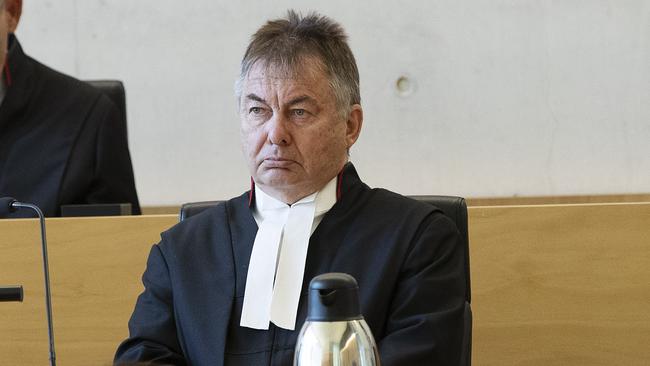
Thousands of DNA samples from rape and murder cases will be retested after damning findings from a public inquiry revealed scientists at Queensland’s forensic laboratory had been making “untrue” statements to courts, prosecutors and victims of crime since early 2018.
The government-run lab, a major focus of The Australian’s investigative podcast, Shandee’s Story, by award-winning journalist Hedley Thomas, has been ordered to change expert witness statements issued in the past five years, potentially affecting thousands of criminal cases.
Led by recently retired Court of Appeal president Walter Sofronoff KC, the inquiry released alarming interim findings on Tuesday that the lab routinely failed to test samples under a certain threshold, which could have produced partial or full DNA profiles.
The lab is expected to send a list of those samples to police within a fortnight. Police, who have set up a taskforce and already begun reviewing hundreds of cases, will then prioritise which samples need to be retested first.
In the 40-page report, handed to cabinet on Tuesday morning, Mr Sofronoff said the discovery that untrue witness statements had been issued was “deeply concerning”.
“I am of the opinion that the practice of putting forward these untrue statements as true expert evidence is a profound issue for the administration of criminal justice, for the integrity of police investigations and for decisions made by victims of crime,” he wrote. “The belief in the truth of these statements should not be permitted to continue for a day longer.”
The lab’s performance in testing forensic evidence from the brutal stabbing murder of Shandee Blackburn, 23, in Mackay in 2013 will also be examined as part of the inquiry. Shandee’s mother, Vicki Blackburn, said she believed many victims were probably not aware their cases had been affected by the lab’s decision not to test all samples.
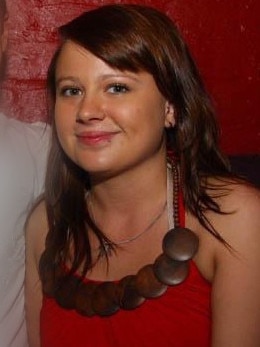
“I think there will be people getting phone calls and visits by police who have no idea that they have been affected by this,” Ms Blackburn said “This report is a start and I am hopeful that the victims who have been affected by this, and their families, will get a second chance at justice.
“Shandee’s case, like so many others, depends on the retesting of those samples but unfortunately there is no guarantee for any of us.”
Queensland’s high threshold for testing demanded samples contain double the number of cells required in NSW before they could progress to DNA profiling.
Since 2018, if samples fell below the threshold, they were reported by the lab as having “insufficient DNA” or “no DNA detected” to police and in the formal evidence statements scientists gave in court.
But the inquiry has heard it is possible to extract “either a full or partial profile” below Queensland’s threshold, meaning the statements routinely produced by the lab were untrue.
Mr Sofronoff recommended every witness statement issued since 2018, when samples were reported as having insufficient or no DNA, be identified by the lab “without delay” and corrected.
Health Minister Yvette D’Ath said victims of crime would be traumatised by the findings, and vowed that every DNA sample back to 2018 would be fully tested. “There is a likelihood (with further processing) that some will find either partial or full DNA,” she said. “We will test all of them. It is important that we prioritise those cases that are … before the courts.”
Evidence of disturbing practices inside the DNA laboratory were exposed last year by renowned forensic scientist Kirsty Wright in Shandee’s Story, by national chief correspondent Hedley Thomas.
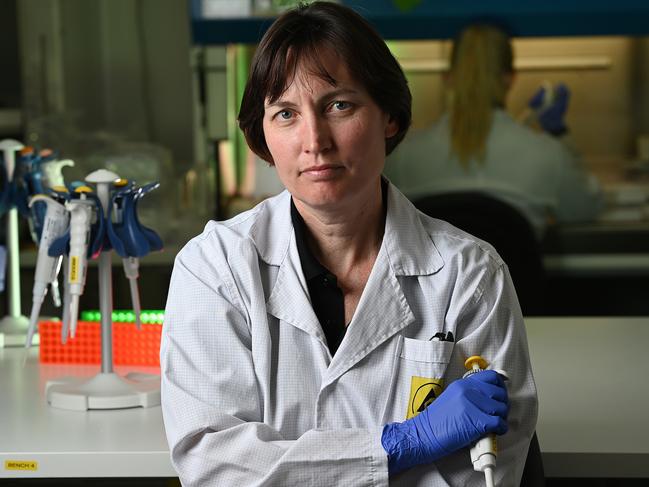
Despite calls from Dr Wright, lawyers and victims, Queensland Premier Annastacia Palaszczuk for months repeatedly refused to order a public inquiry.
The government initially wanted an internal Queensland Health-led review, with no powers, to investigate the lab but changed course after The Australian revealed in June that police were reopening rape cases dating back to 2018.
Appearing before the release of the report, Ms Palaszczuk said she was shocked by the findings.
“We were absolutely correct in getting Walter Sofronoff to chair this inquiry,” she said.
“The interim report is incredibly concerning, cabinet will be discussing that today and you will be hearing from Minister D’Ath later on. There will be quick action that will need to be taken straight away.”
On Tuesday, Ms D’Ath said hindsight was “a wonderful thing” and the government acted on the advice it had at the time.
“These are very serious issues,” Ms D’Ath said. “I want answers. The government wants answers. And I have no doubt that Commissioner Sofronoff will leave no stone unturned to find out how this has occurred. I don’t think this is the end of it; the commission of inquiry is only just starting its public hearings.”
Molecular biologist Frank Gannon has been appointed to oversee retesting of samples alongside police, the Department of Justice and the Attorney-General‘s office.
The commission has not assigned blame to any individuals in its interim report, but scientists are expected to be compelled to give evidence at upcoming public hearings.
Ms D’Ath said she remained confident in results coming out of the lab, which now had “additional oversight” from the department. “I know Shandee’s case is before the 2018 change in methodology, but the reality is that it was Shandee’s case and the work done by her family and Hedley Thomas that has shone a light on this,” she said.
“That is good journalism, and I thank them for that.”
Julie Sarkozi, a solicitor with the Women’s Legal Service, said the implications of the report were “really quite extraordinary” and it was important power was given to victims to decide what to do with retested samples.
“It underscores the need for an independent victim commissioner to be set up, who can take these kinds of complaints and advocate on behalf of victims,” Ms Sarkozi said.
Acting Assistant Commissioner Marcus Hill said the review of DNA samples would include homicides, rapes and armed robbery but the number of affected cases was unknown.
“It could be 1000, it could be 9000,” he said. “Worst-case scenario, there could be offenders that are still out there.”
Anyone who believes they were involved in a police investigation or matter before a court that may have been impacted can contact Queensland Police via the
hotline 1300 993 191.




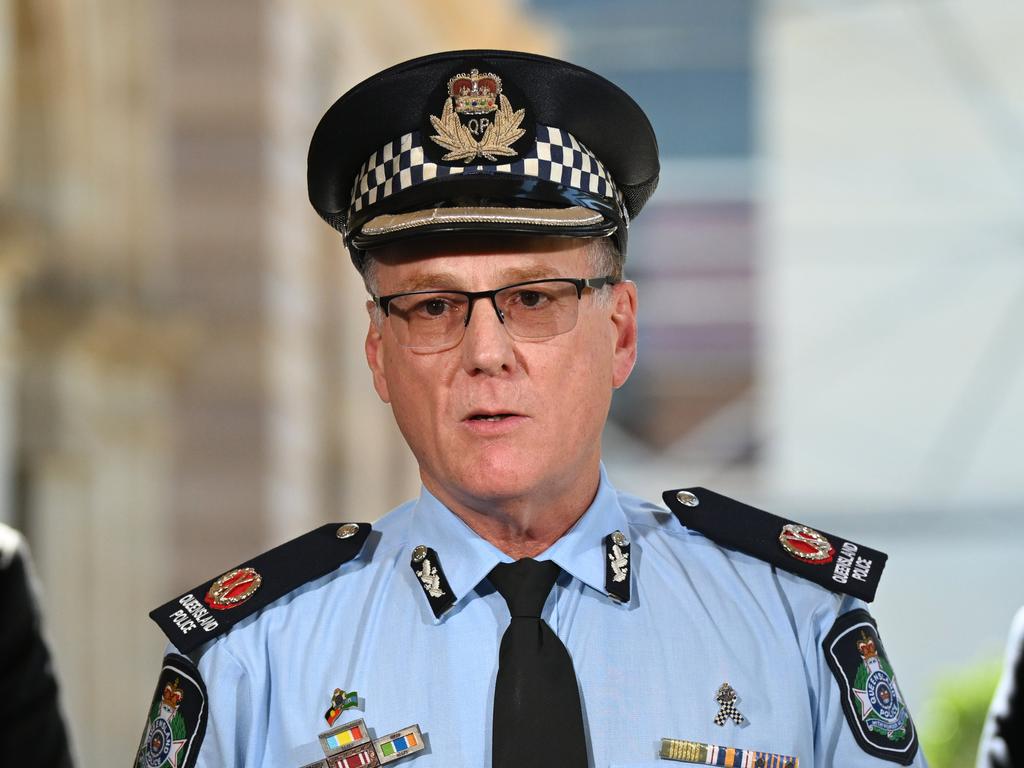
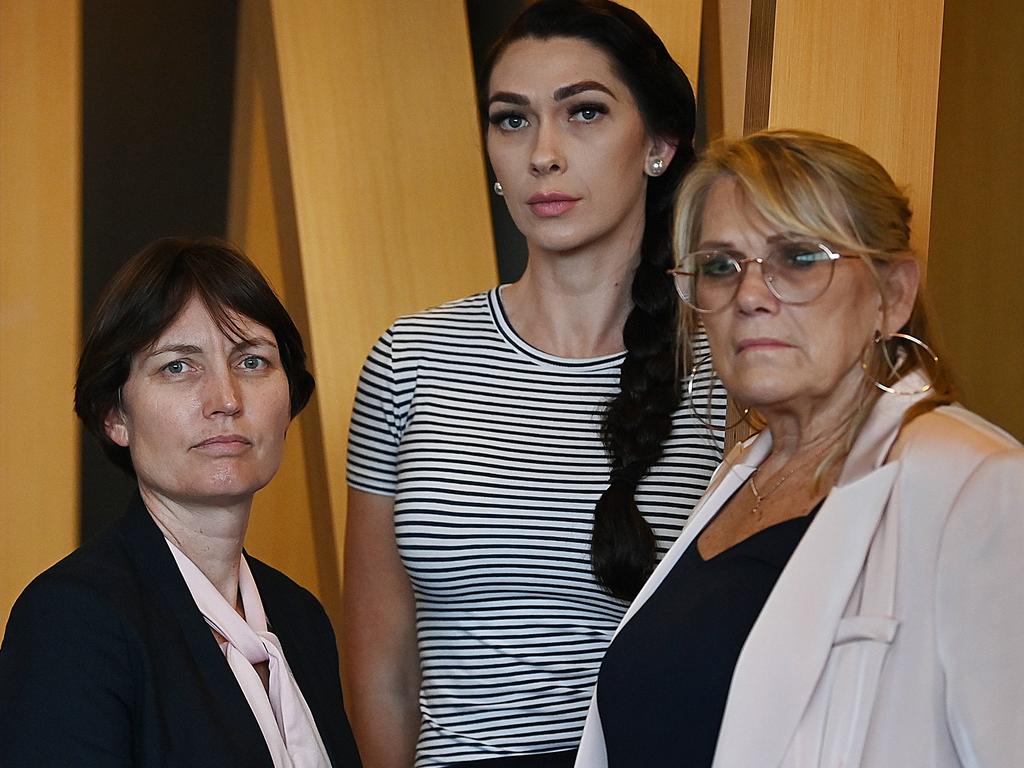


To join the conversation, please log in. Don't have an account? Register
Join the conversation, you are commenting as Logout